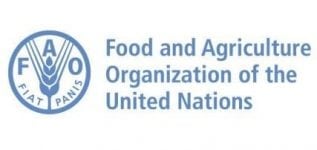Costs and Benefits of Clean Energy Technologies – FAO report featuring AGSOL
 The report The Costs and benefits of clean energy technologies in the milk, vegetable and rice value chains is a contribution to the global initiative Powering Agriculture: An Energy Grand Challenge for Development (PAEGC). It has been developed by the Food and Agriculture Organization of the United Nations (FAO) in collaboration with the Deutsche Gesellschaft für Internationale Zusammenarbeit (GIZ) GmbH.
The report The Costs and benefits of clean energy technologies in the milk, vegetable and rice value chains is a contribution to the global initiative Powering Agriculture: An Energy Grand Challenge for Development (PAEGC). It has been developed by the Food and Agriculture Organization of the United Nations (FAO) in collaboration with the Deutsche Gesellschaft für Internationale Zusammenarbeit (GIZ) GmbH.
This first study of the INVESTA project (Investing in Sustainable Energy Technologies in the Agrifood Sector) focuses on three food supply chains, and analyses their costs, benefits and sustainability potentials as well as the unintended impacts at the intervention level.
Decoupling the dependence of an agrifood value chain from fossil fuels could lead to several benefits, including increased resilience from shocks in the energy market, mitigation of greenhouse gas emissions and, often, economic benefits for the operators.
Developed to permit a sound and comprehensive cost-benefit analysis, the report also includes a discussion on the potential of the various technologies to contribute to gender equality.
AGSOL is featured as a case study – pages 181 to 189 – for the work on solar rice mills in Papua New Guinea.




